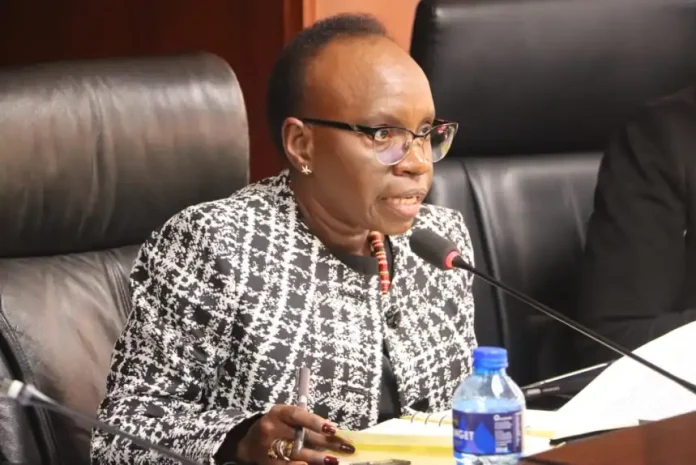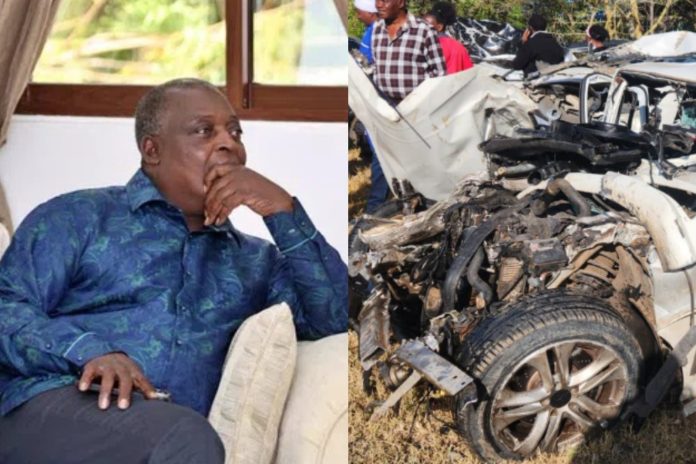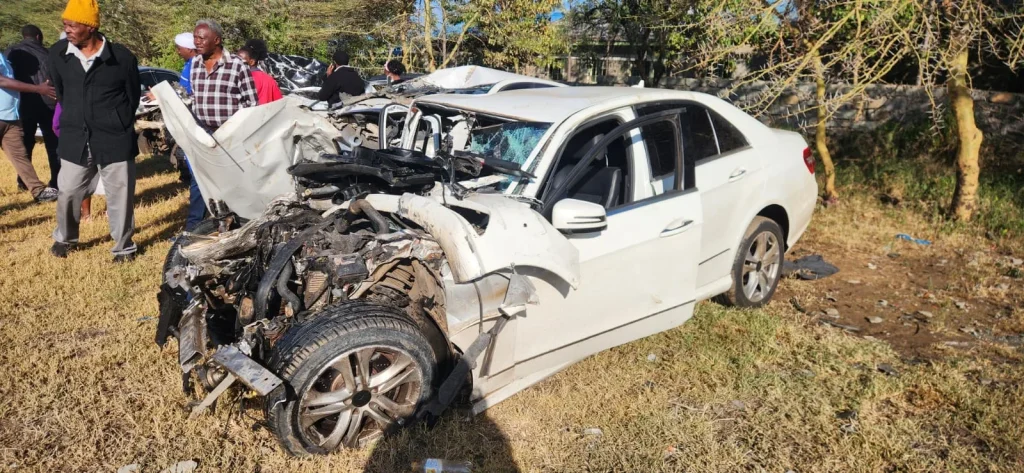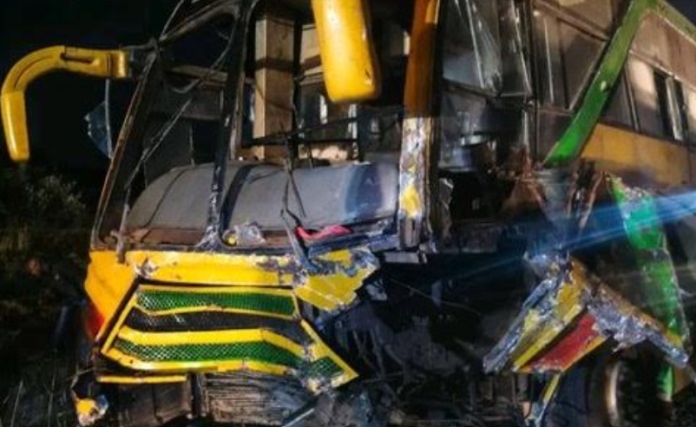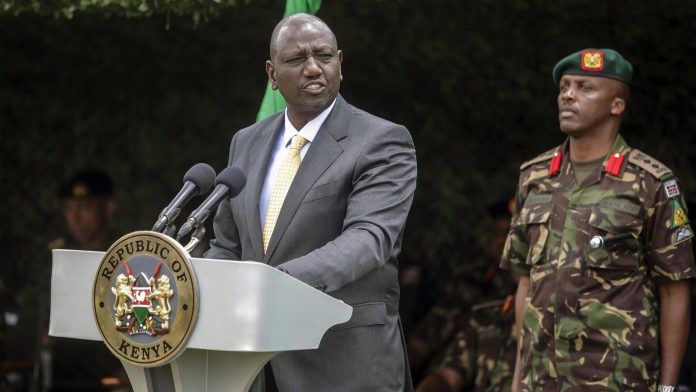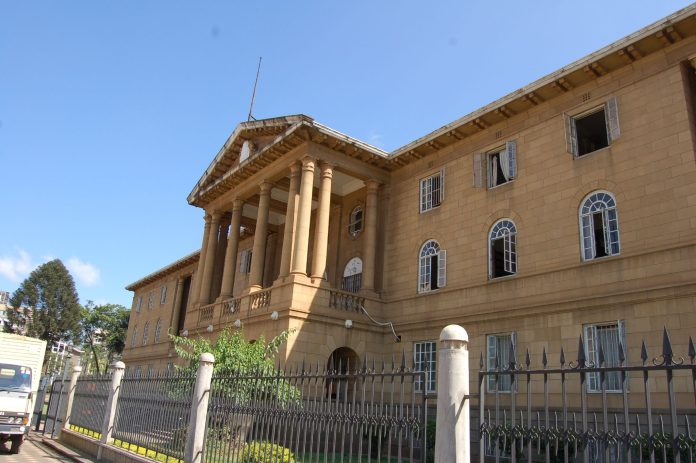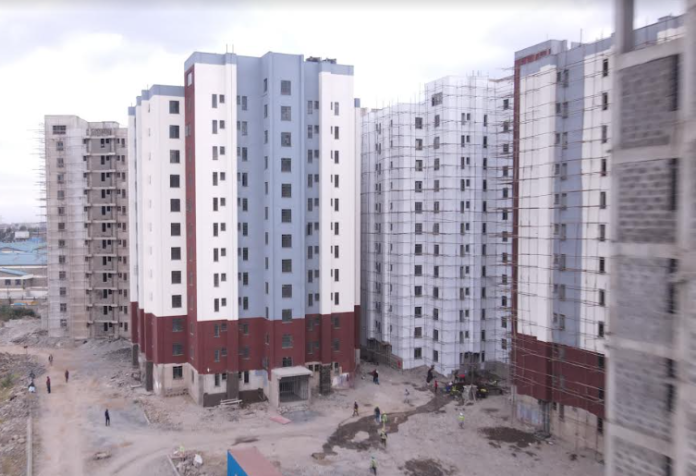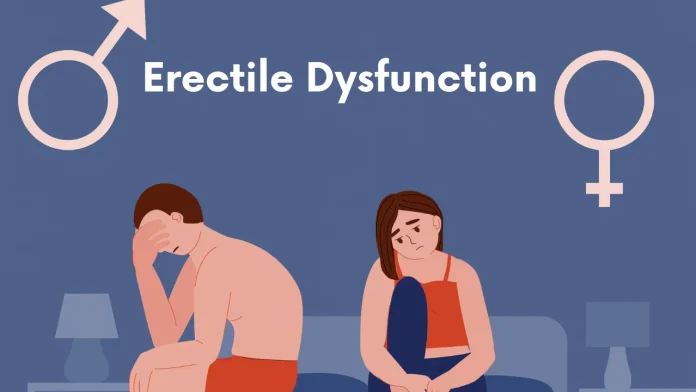A recent audit has raised serious concerns over the financial and operational stability of the Jomo Kenyatta Foundation (JKF), warning that the state agency’s worsening position could threaten its scholarship programmes, including support for more than 14,000 learners under the World Bank-funded Elimu Scholarship Programme.
According to the Auditor General’s report, JKF is sliding toward insolvency, with accumulated losses reaching Ksh934 million as of June 2025. Although the foundation’s annual net loss reduced to Ksh167 million from Ksh303 million the previous year, Auditor General Nancy Gathungu cautioned that the improvement is insufficient to halt the erosion of JKF’s net worth or restore its ability to meet financial obligations.
The audit shows a sharply weakened working capital position, with current liabilities standing at Ksh779 million against current assets of just Ksh207 million. This leaves JKF with a negative working capital of Ksh571.6 million, a situation the Auditor General warned undermines day-to-day operations and heightens the risk of default, litigation and further financial strain.
Management attributed the downturn largely to the collapse of the foundation’s publishing business, historically its main revenue source. Policy changes that opened the textbook market to private publishers, combined with the shift to the Competency-Based Curriculum, left JKF with obsolete stock and minimal government orders.
As a result, publishing income plunged by 79 per cent, from Ksh117 million to Ksh25 million, forcing the foundation to compete almost exclusively in the limited private schools market. “Lack of any government orders meant that the public schools segment was largely locked out for Jomo Kenyatta Foundation,” JKF chairperson Rose Waruhiu noted in the annual report.
The uncertainty facing the foundation has been compounded by broader reforms in the education and parastatal sectors. A presidential task force has proposed transferring scholarship administration to a new Kenya Basic Education Bursary and Scholarship Council, a move that could strip JKF of a core function. At the same time, JKF has been listed among state agencies earmarked for dissolution under ongoing parastatal reforms, further clouding its future.
The audit also uncovered significant compliance and financial management weaknesses. JKF had Ksh99.4 million in unremitted statutory deductions, including PAYE, NSSF, NHIF and pension contributions, exposing the foundation to penalties, interest and possible legal action. Outstanding bills stood at Ksh737 million, with Ksh548 million overdue for more than a year, a backlog the Auditor General warned could trigger litigation and additional losses.
Additional control gaps were flagged, including missed quarterly stock counts that cast doubt on Ksh31 million in reported inventory, failure to meet employment requirements for persons with disabilities, instances of staff receiving net pay below legal thresholds, unexplained adjustments to payables, errors in cash flow statements, and misstatements in grant disclosures.
Taken together, the findings point to deep-seated weaknesses in governance, internal controls and financial reporting, raising urgent questions about JKF’s ability to sustain its operations and protect critical education support programmes unless decisive corrective measures are taken.

